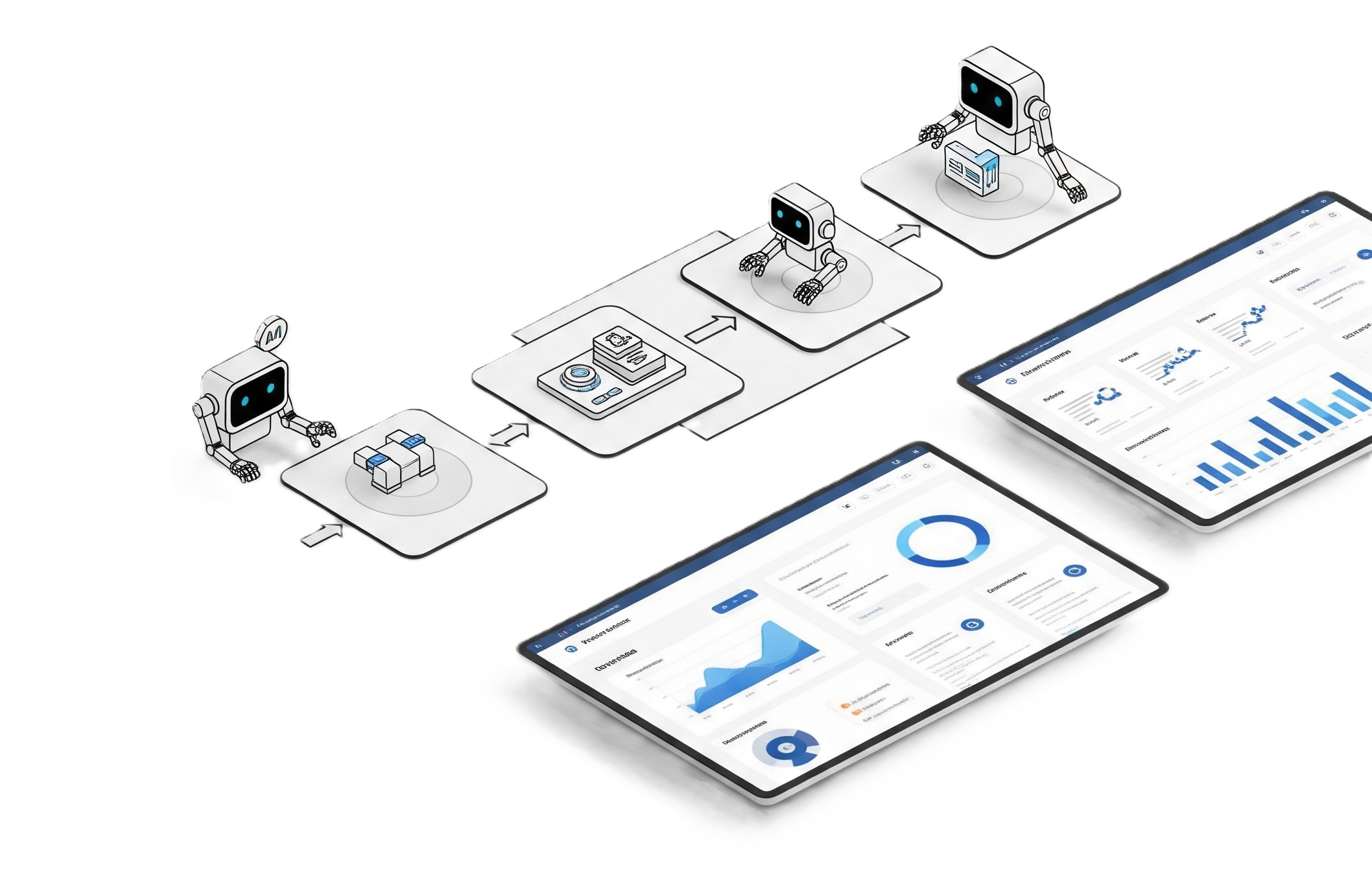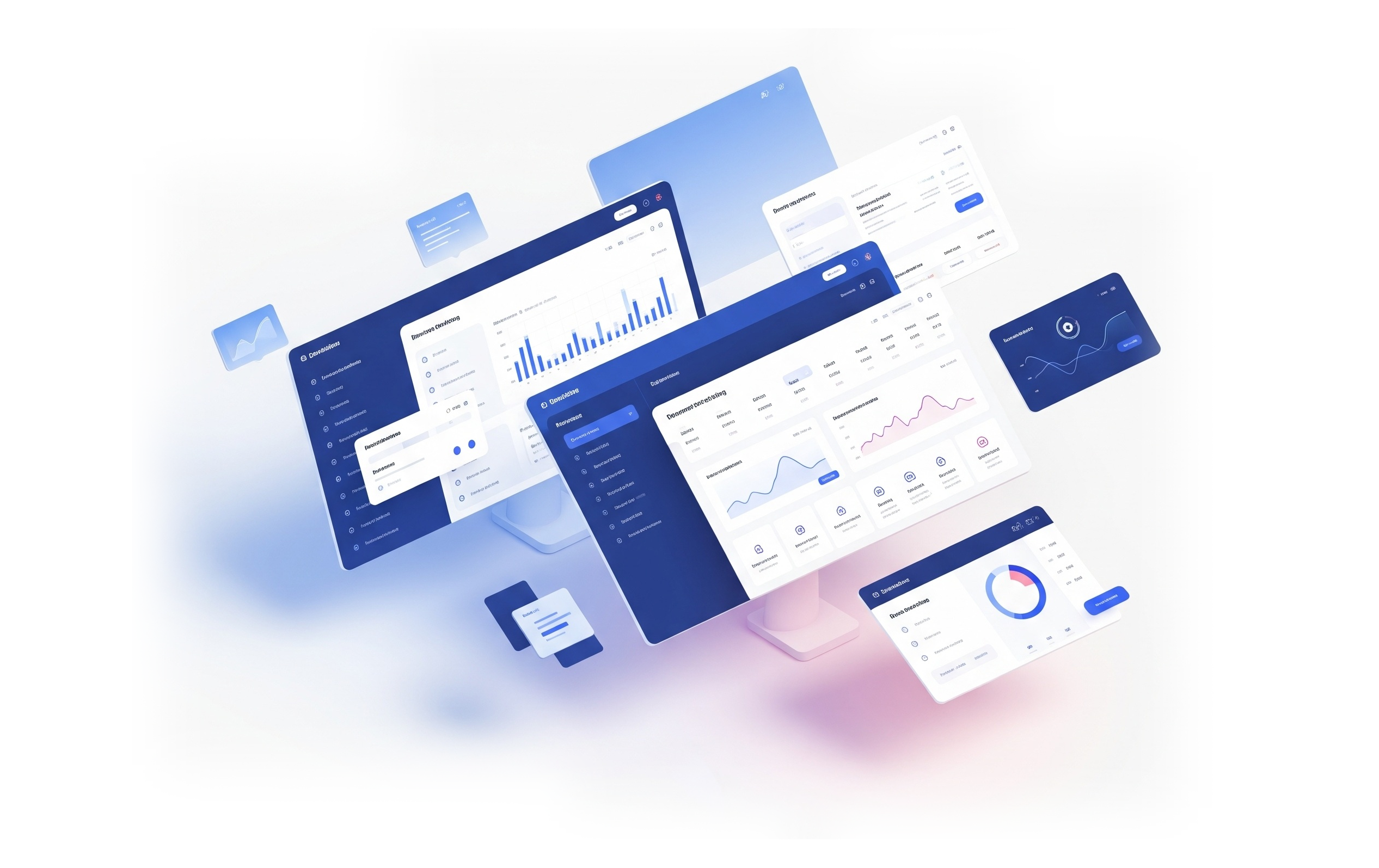
We implement advanced automation solutions that transform repetitive and complex workflows into efficient, error-free processes, significantly reducing execution time. By leveraging modern technologies and intelligent integration, we help organizations optimize resources and boost productivity, allowing teams to focus on high-value strategic activities.

Using sophisticated analytical models and data processing techniques, we extract valuable insights from large volumes of data. Our solutions enable the identification of trends, risk anticipation, and informed strategic decision-making, thereby enhancing business performance and competitiveness.

We design and develop flexible, robust software architectures that dynamically adapt to your evolving business needs. With a modular and scalable structure, our solutions ensure optimal performance, stability, and the ability to expand without compromising quality or security.

We create intelligent reporting systems that provide precise, up-to-date, and customizable data fully integrated with your operational sources. These solutions facilitate performance monitoring, ensure compliance with relevant standards, and support transparent decision-making through clear and accessible reports for all stakeholders.